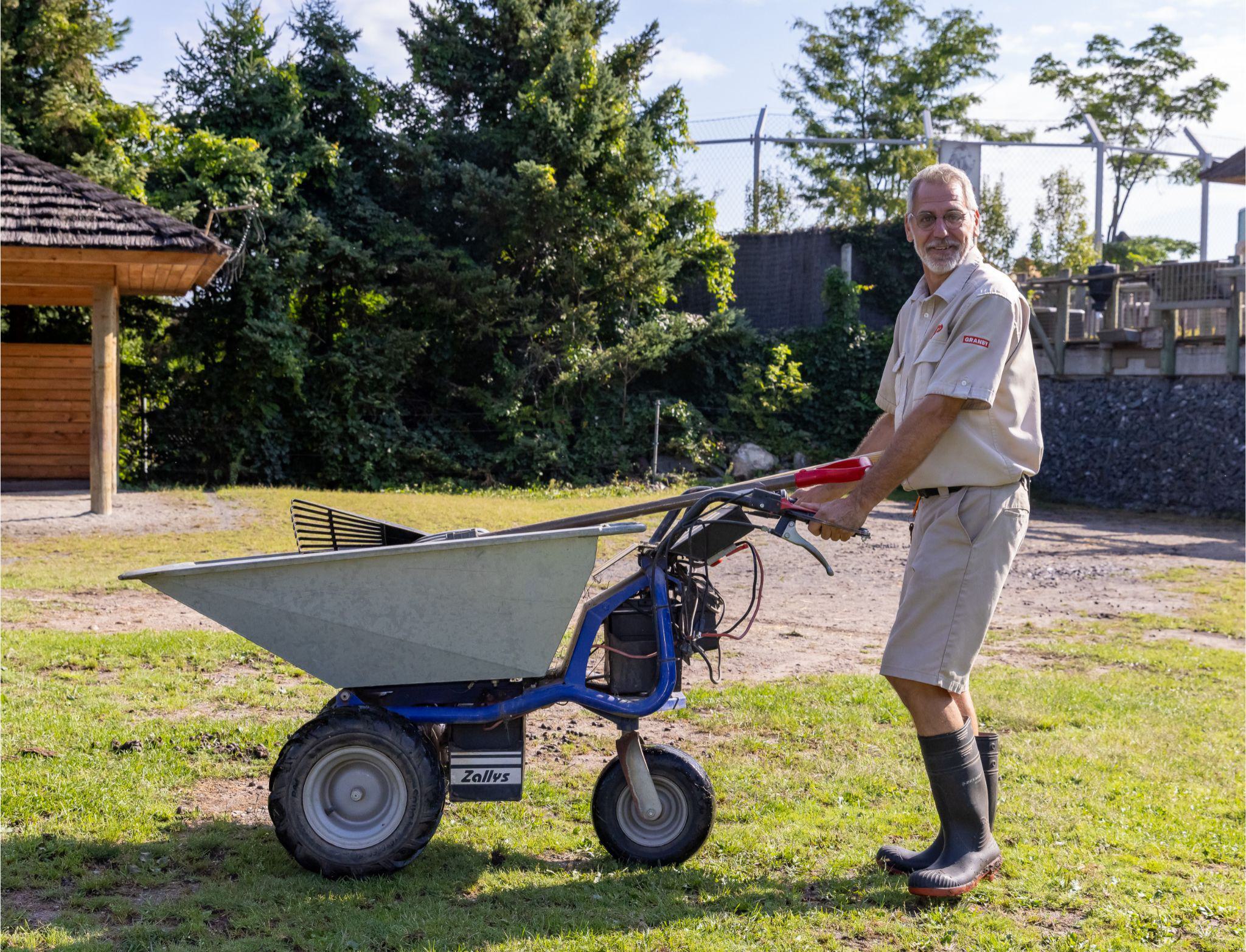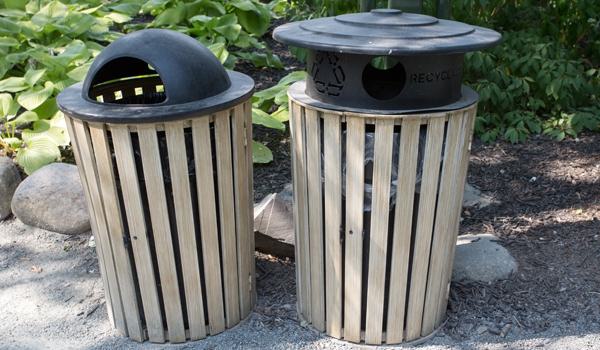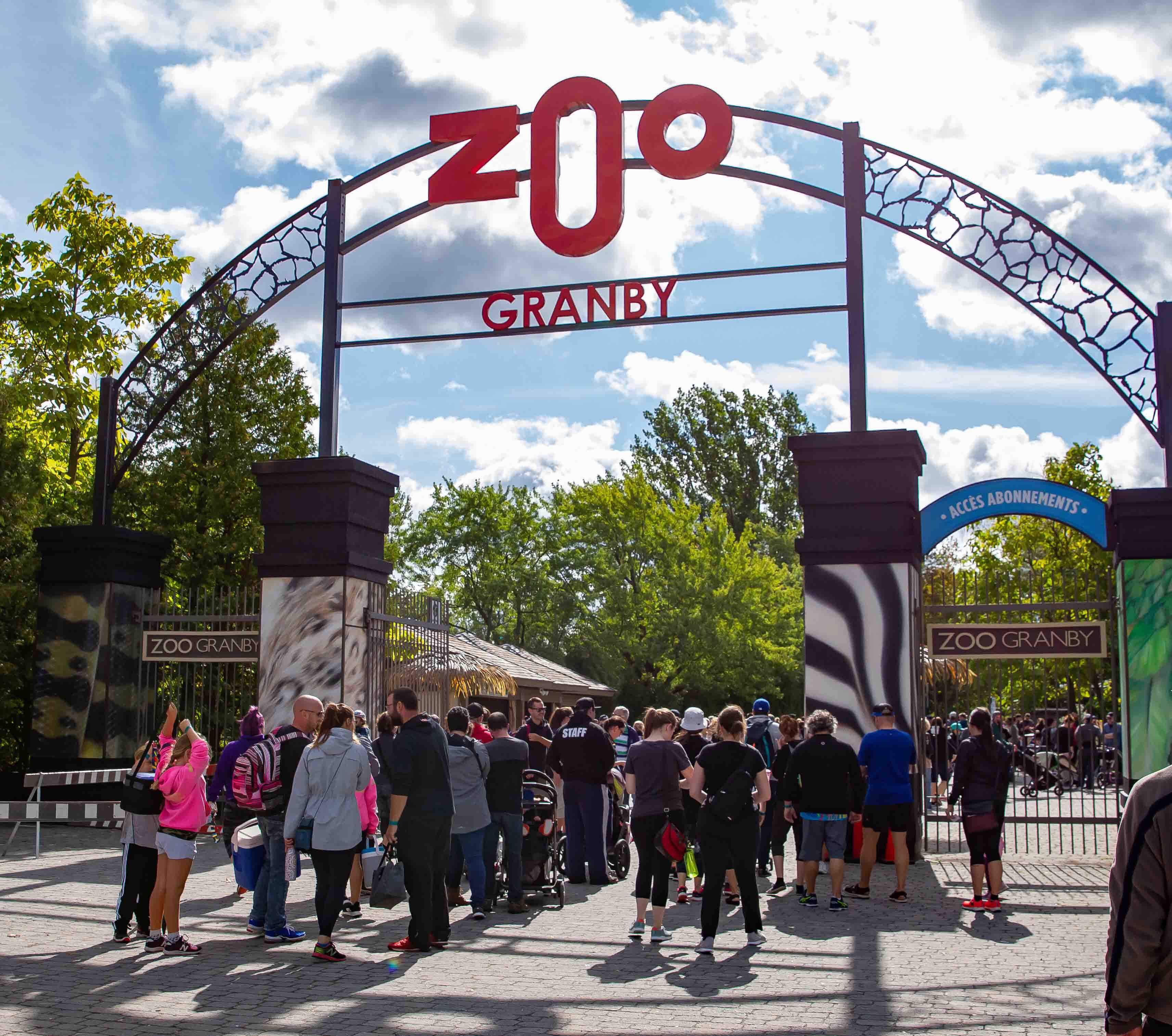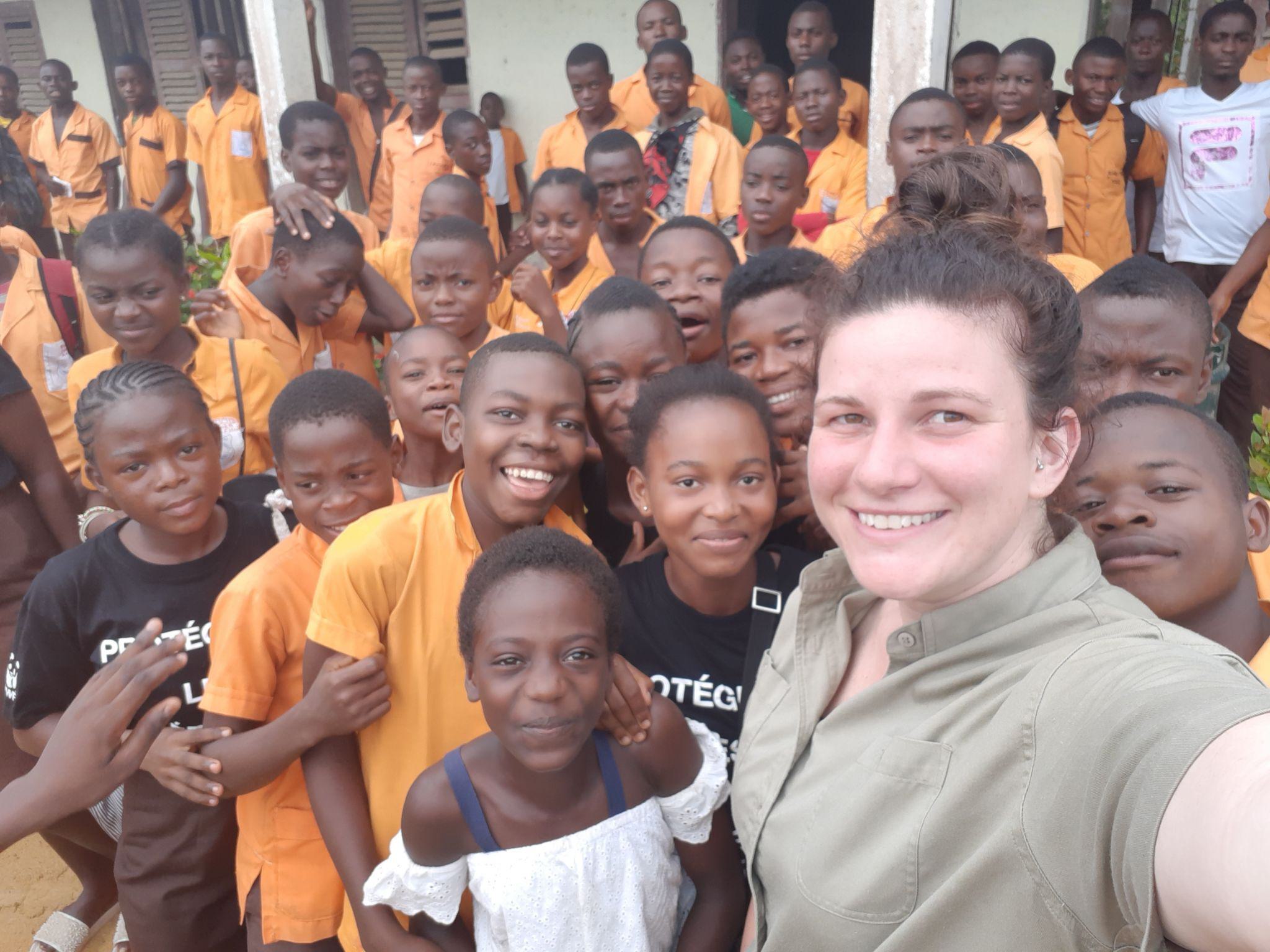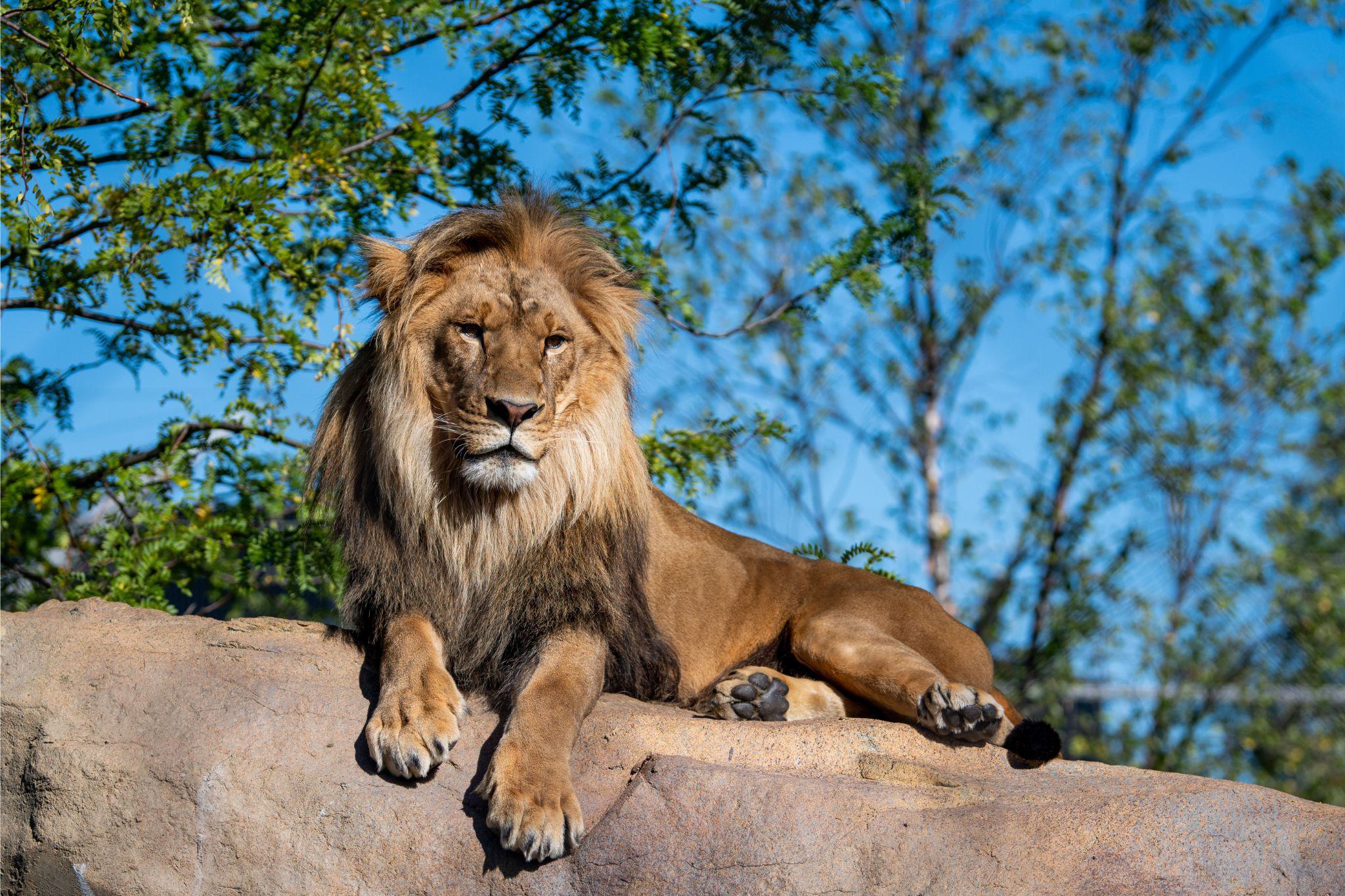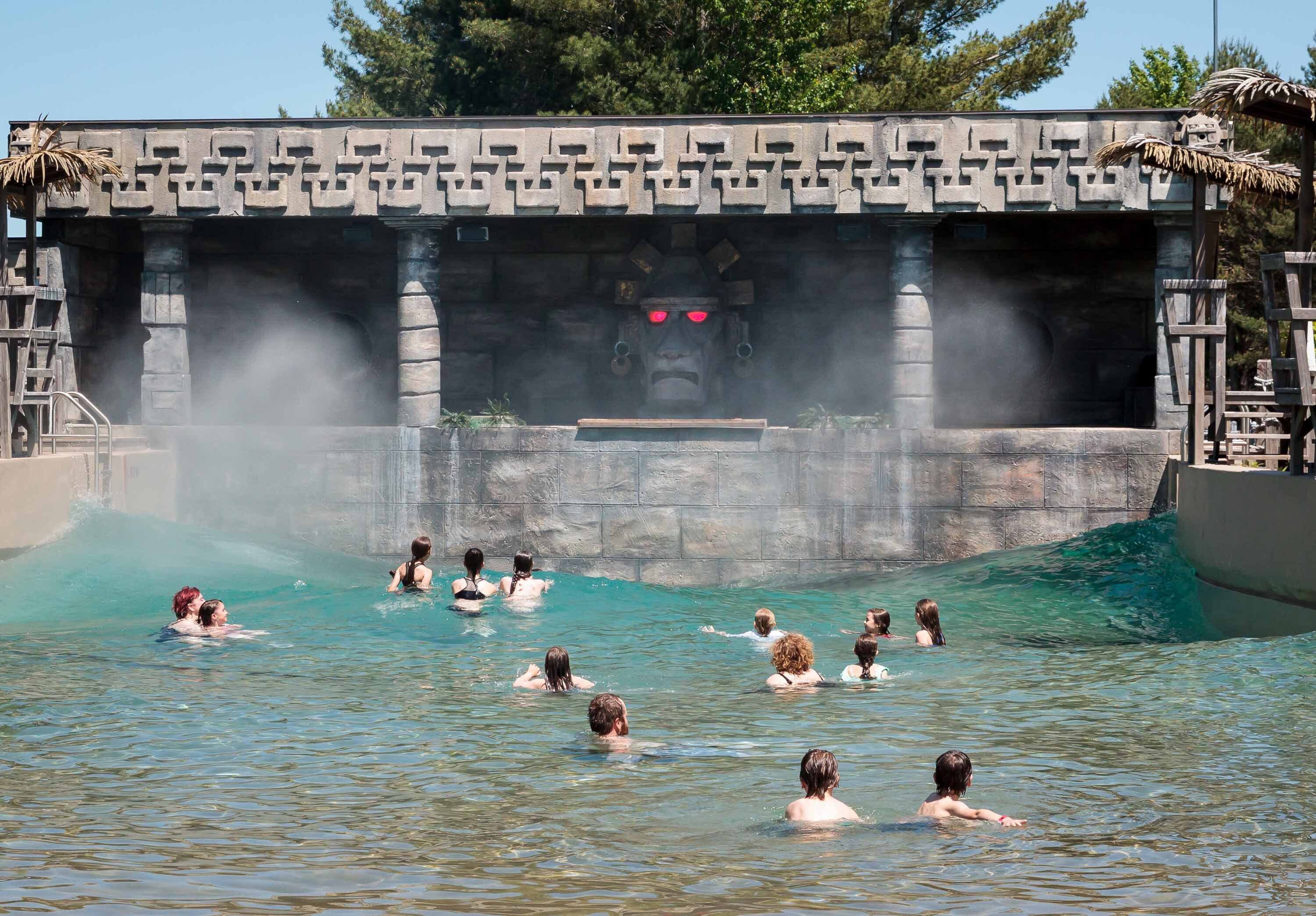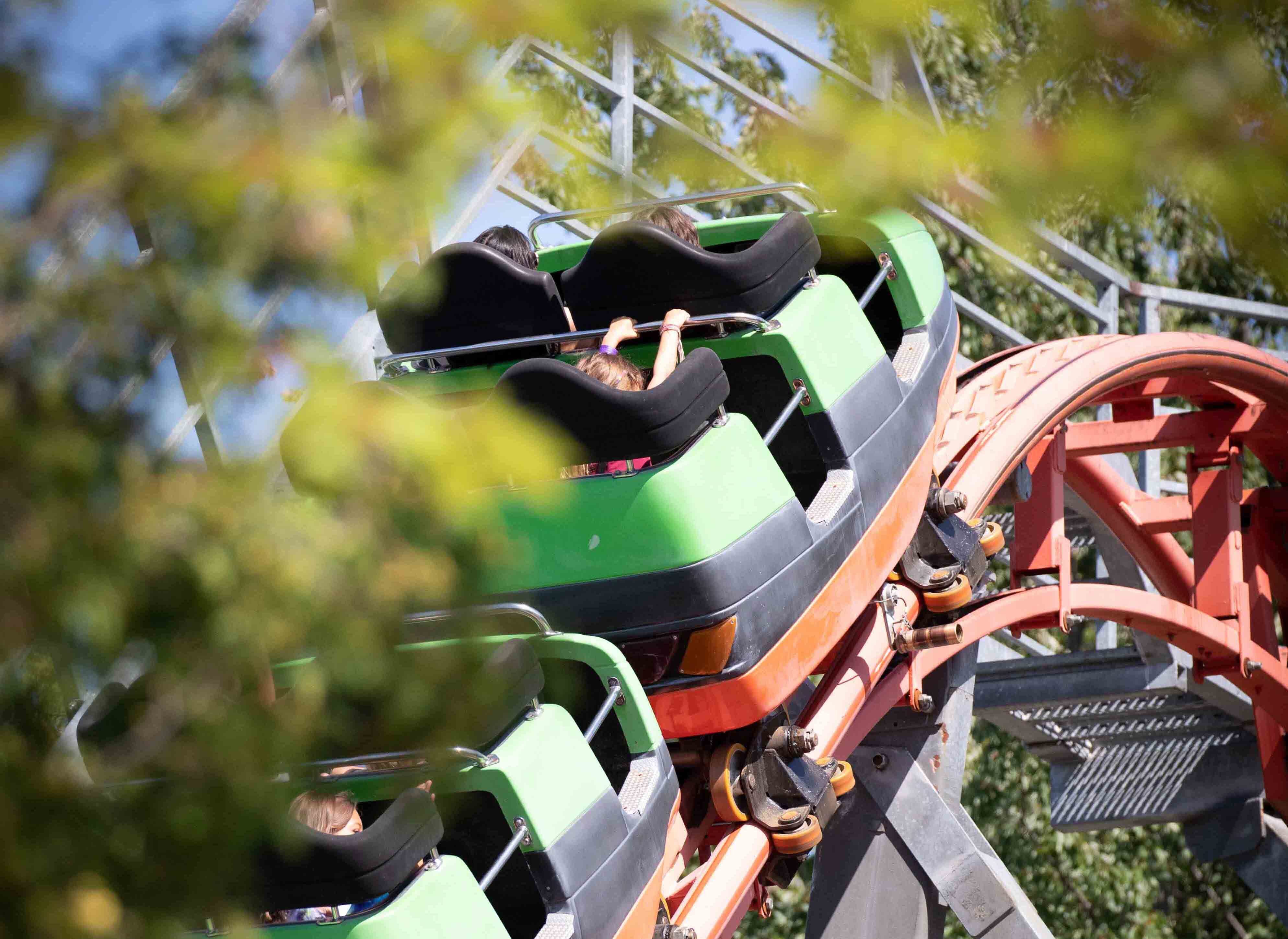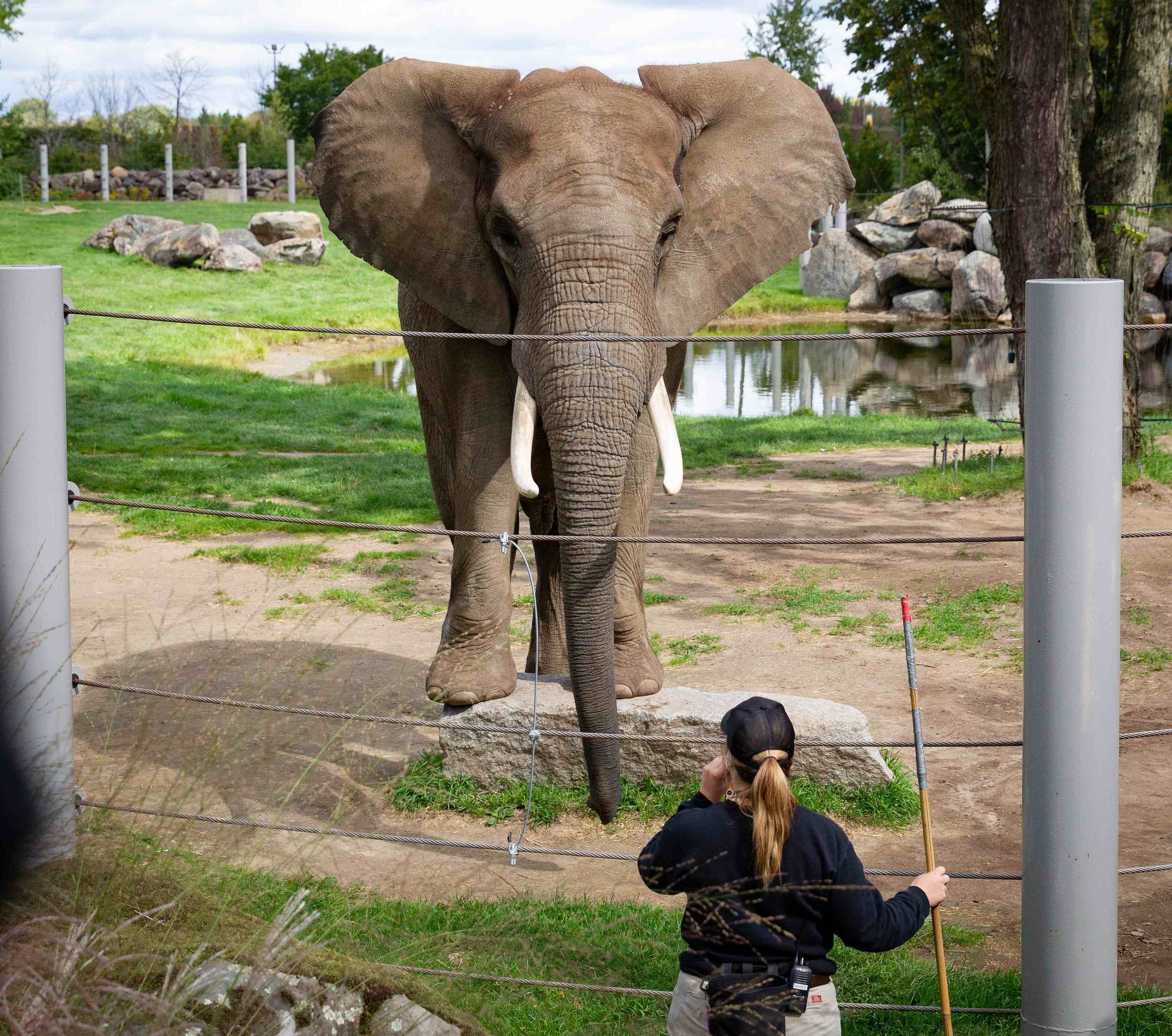Environmental Dimension
Carrying out our activities while respecting the environment by minimizing our impact on our natural resources
As part of its mission to act to preserve the animal world, the Zoo de Granby prioritizes the preservation of the environment and natural resources in all decisions and endeavours.
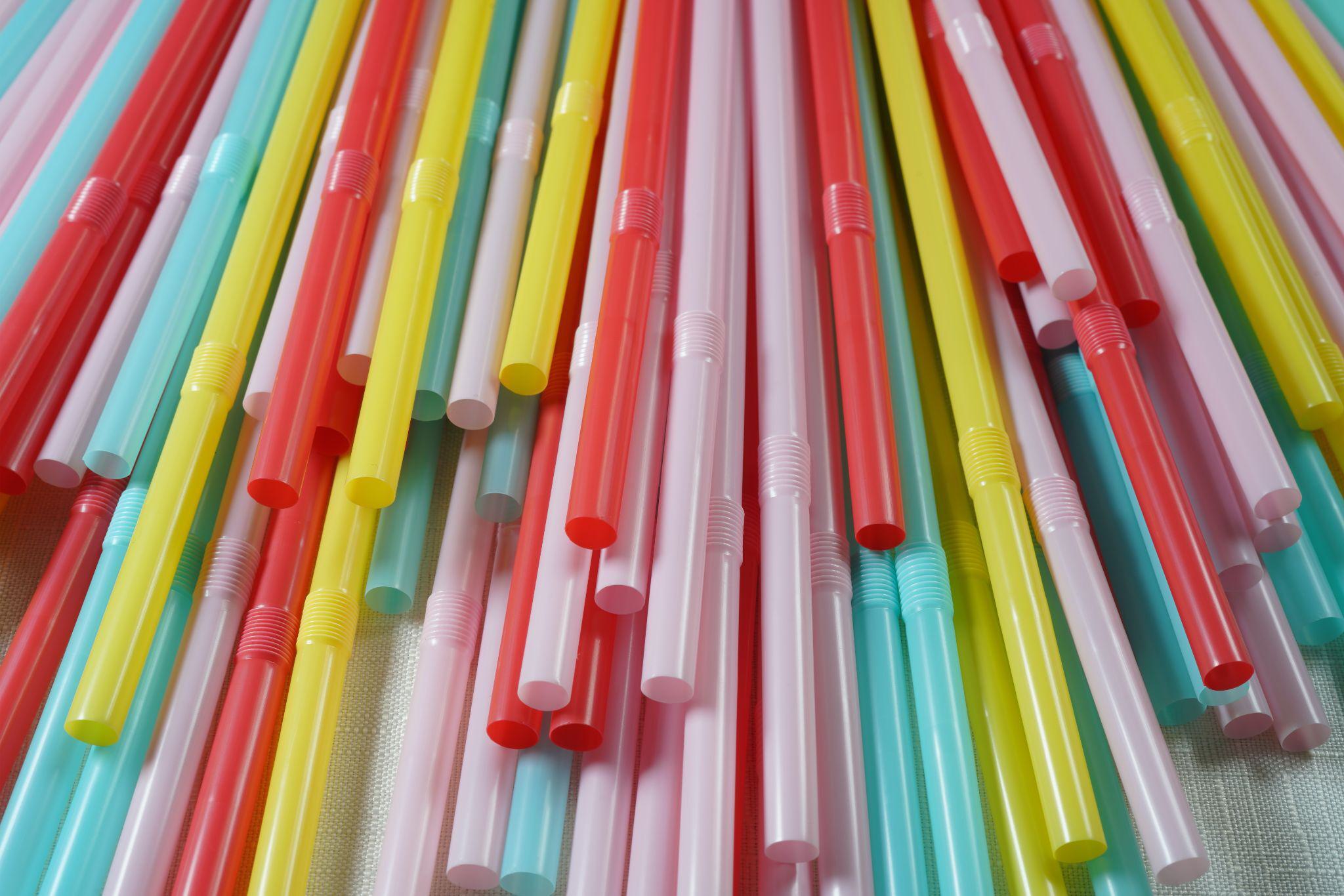
Energy
Whether for heating, cooling, lighting or filtration, the Zoo de Granby relies on different energy sources to carry out its activities throughout the year. More than 60% of its energy is supplied in the form of hydroelectricity, an energy that contributes to less than 1% of Québec's greenhouse gas emissions.
Since 2006, the institution has been using geothermal energy to power several buildings: some 100 wells supply the entire site, including 16 in the South Pacific Odyssey building alone. Geothermal energy uses the deep underground's constant temperature to cool their spaces in the summer and heat them in the winter. Geothermal energy allows savings of up to 60% of the cost of heating.
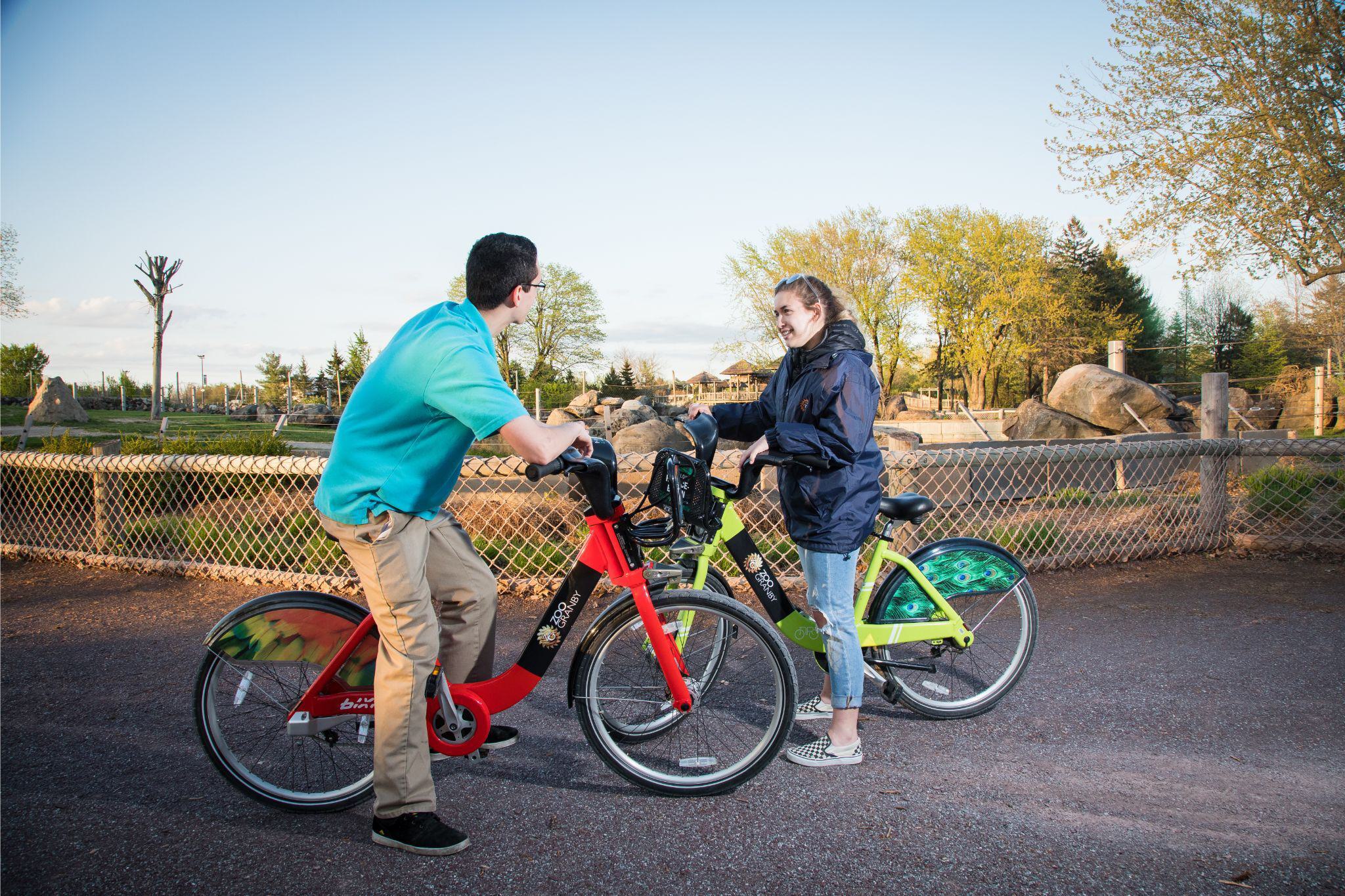
Transportation
The Zoo de Granby promotes more sustainable transportation options, especially for its employees. Seventy-five percent of our fleet of vehicles used by our employees is considered to have a low environmental impact, including more than twenty bicycles that promote physical exercise.
Electric vehicles are used on the site for internal deliveries. Purchases in nearby businesses are combined to limit travel. Finally, the Zoo de Granby compensates for the GHG produced by the transportation of animals (arrivals/departures) through a donation used to plant trees in the Eastern Townships.
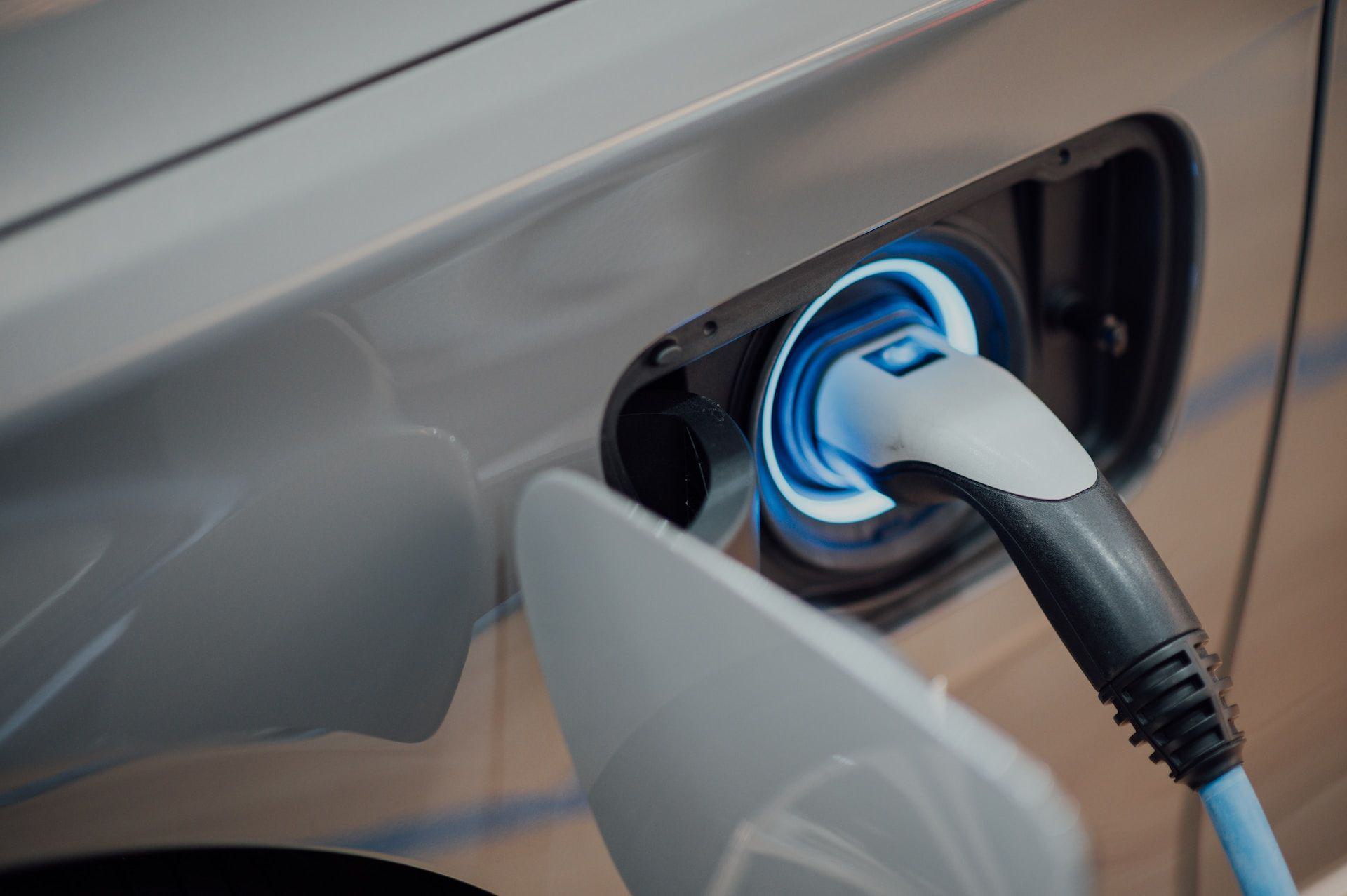
A Choice of Alternatives for Our Visitors
Visitors can also take advantage of different alternatives to get to the zoo site: a shuttle bus service from Montréal serves the zoo; public transportation is also available for the population of Granby. Electric car owners can use one of the 8 charging stations available at all times in the public parking lot.

Water
With 3 public pools, water slides, 11 aquariums, a hippo river and numerous watering holes, the Zoo de Granby must ensure strict monitoring of its drinking water consumption. Among the control measures, all the filtration systems in the pools, aquariums and ponds operate in a closed circuit, meaning that contaminated water is recovered, filtered and returned to the system.
A team of technicians is fully dedicated to monitoring and adjusting all filtration systems to ensure they are optimal, limiting water consumption.
BIODIVERSITY AND ECOLOGY

Like Noah's Ark, the Zoo's mission is to protect, promote and conserve the animal kingdom. To do so, we participate in more than forty in-zoo breeding programs that help preserve the genetic diversity of several endangered species, including the Amur leopard, the Andean condor, etc. These programs are geared towards the sustainability of the species under our care and are coordinated by an independent organization that promotes good practices.
A team of biologists from the Zoo de Granby actively participates in the protection and enhancement of several natural habitats in the region. They carry out wildlife inventories and contribute to the valorization of the local environment.

